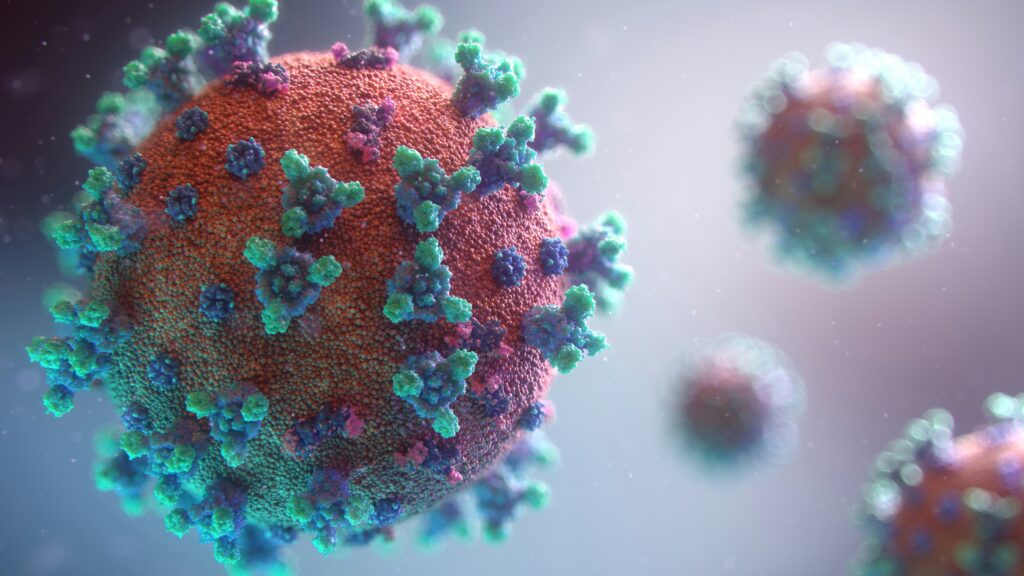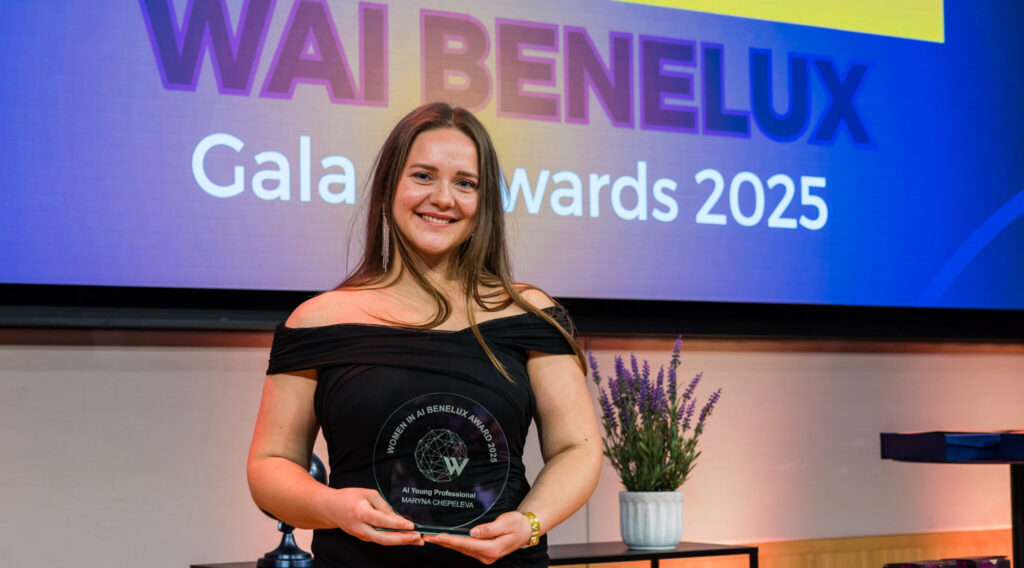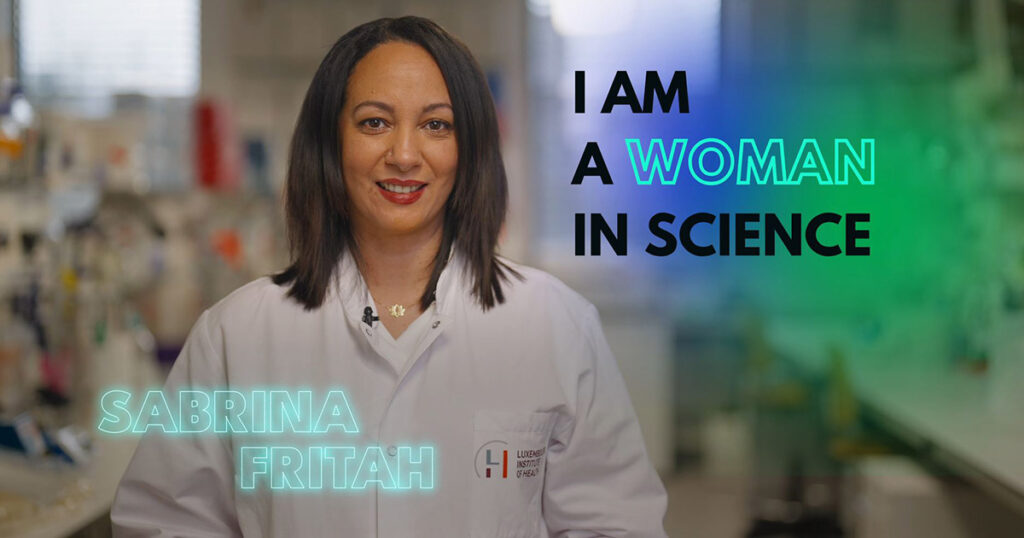News
Four LIH PhD Students awarded the Pelican Grant
- NORLUX Neuro-Oncology Laboratory
- Department of Cancer Research
- DNA Repair and Chemoresistance
- Department of Infection and Immunity
- Immune Endocrine and Epigenetics
- Donation

Four LIH PhD students, Mahsa Rezaeipour, Pilar Moreno Sanchez, Alexandros Pailas, and Cyrielle Holuka were recently awarded the Pelican Grant from the Fondation du Pélican de Mie et Pierre Hippert-Faber, under the aegis of the Fondation de Luxembourg. Out of six total recipients, four were from the LIH. We interviewed them to learn more about what they plan to do with the grant.
What is your research project about?
Mahsa: “The main aim of my research project is to assess novel immunotherapeutic strategies against glioblastoma brain tumours. We are assessing the immunological status of glioblastoma tumour cells and how they cross-talk with immune cells in different microenvironmental niches. We will leverage innovative brain tumour models ex vivo based on patient-derived tumour organoids co-cultured with immune cells to test novel therapeutic strategies that activate tumour cell death.”
Alexandros: “My PhD project is about the molecular mechanism of replication stress and DNA repair in Glioblastoma (GBM), the most aggressive type of brain tumour. In particular, we use a novel gene signature previously identified in the lab along with patient derived GBM-stem like cells. I am trying to determine how replication stress and the DNA Damage Response are involved in chemoradiation resistance in GBM patients.”
Cyrielle: “My PhD project focuses on fundamental theories and concepts regarding early life, from conception to age two, and how this relates to the development of chronic diseases. I am trying to understand how the environment we grow up in shapes our lifelong health. The aim is to consolidate the theory of the Developmental Origins of Health and Disease, extend it, and eventually improve life by preventing the switch from good to poor health down the line. This research approach involves a diverse array of domains including lifestyle improvement, environmental management, and health economics.”
Pilar: “The main objective of my Ph.D. project is to expand the NORLUX glioblastoma (GBM) patient-derived orthotropic xenograft platform towards immunocompetent models. More specifically, we plan to investigate the crosstalk of the immune component with GBM tumour cells, based on different mouse strains and “humanized” mice, which have a partially reconstituted human immune system. Our final aim is to use these new immunocompetent models in a proof-of-concept preclinical study with immunotherapies.”
What will you do with the grant?
Mahsa: “I would like to visit the Tissue Microenvironment lab at the University of Zaragoza in Spain for a two week program. They have an innovative preclinical “organ-on-chip” model that appears to be promising for functional assessment of the crosstalk between tumour and immune cells within hypoxia niches.
I also plan to undertake an internship at the Department of Neurology and Brain Tumour Centre at the University Hospital in Zurich to become familiar with the production pipeline of engineered immune cells and cytokines. The three weeks spent in the expert immunology group will be key for enlarging my knowledge regarding development of an immunotherapy pipeline.”
Alexandros: “The pelican grant will allow me to visit the renowned lab of Dr Ross Carruthers in the University of Glasgow to learn the DNA Fiber Assay. This is a state of the art technique and the most widely used method for studying replication stress. Learning this technique will allow me to further understand the molecular mechanisms of chemoradiation resistance in GBM. Also, with the pelican grant I will attend one of the most important conferences in my field, the annual meeting of the Society for Neuro-Oncology (SNO), which will be held in Canada in November 2023.”
Cyrielle: “I would like to perform a latent growth curve model analysis (LGCM). This model is based on structural equation modelling to estimate growth trajectories over a defined time period in order to predict diseases in the early stages of life. In addition, this model allows us to measure the pace of childhood development to understand the consequences of favourable and adverse environments.”
Pilar: “Thanks to the support of the Pelican Foundation, I will have a research stay in the laboratory of Dr Dieter Henrik Heiland at the University of Freiburg. Therein, I will acquire experience in spatial transcriptomics and organotypic tissue cultures for ex vivo functional assays in GBM. These techniques will be critical for my Ph.D. project, as I plan to examine the composition of the tumour microenvironment in GBM following immunotherapeutic treatment. To further expand my knowledge in immuno-oncology, I will also attend a summer school for early-career cancer immunologists in Verona.”
About the Fondation du Pélican
The Fondation du Pélican de Mie et Pierre Hippert-Faber was founded in 2010 by Pierre Hippert and is managed by the Fondation de Luxembourg. The foundation seeks to provide long-term support in the field of scientific and academic research, as well as in the area of the arts and letters. In particular, the foundation finances research projects at the University of Luxembourg by giving scholarships and/or purchasing equipment in biomedicine in order to promote research activities in Luxembourg and develop the reputation of the University in this field.
Each year, the Fondation du Pélican awards a number of doctoral candidates affiliated with the programme in systems and molecular biomedicine of the Doctoral School in Science and Engineering (DSSE) at the University of Luxembourg. The Pelican grant can be used to finance their research. It can cover additional experiments, travel expenses to participate in conferences and training workshops, as well as short-term stays abroad as part of research collaborations.
Thank you to Fondation du Pélican for their support!







